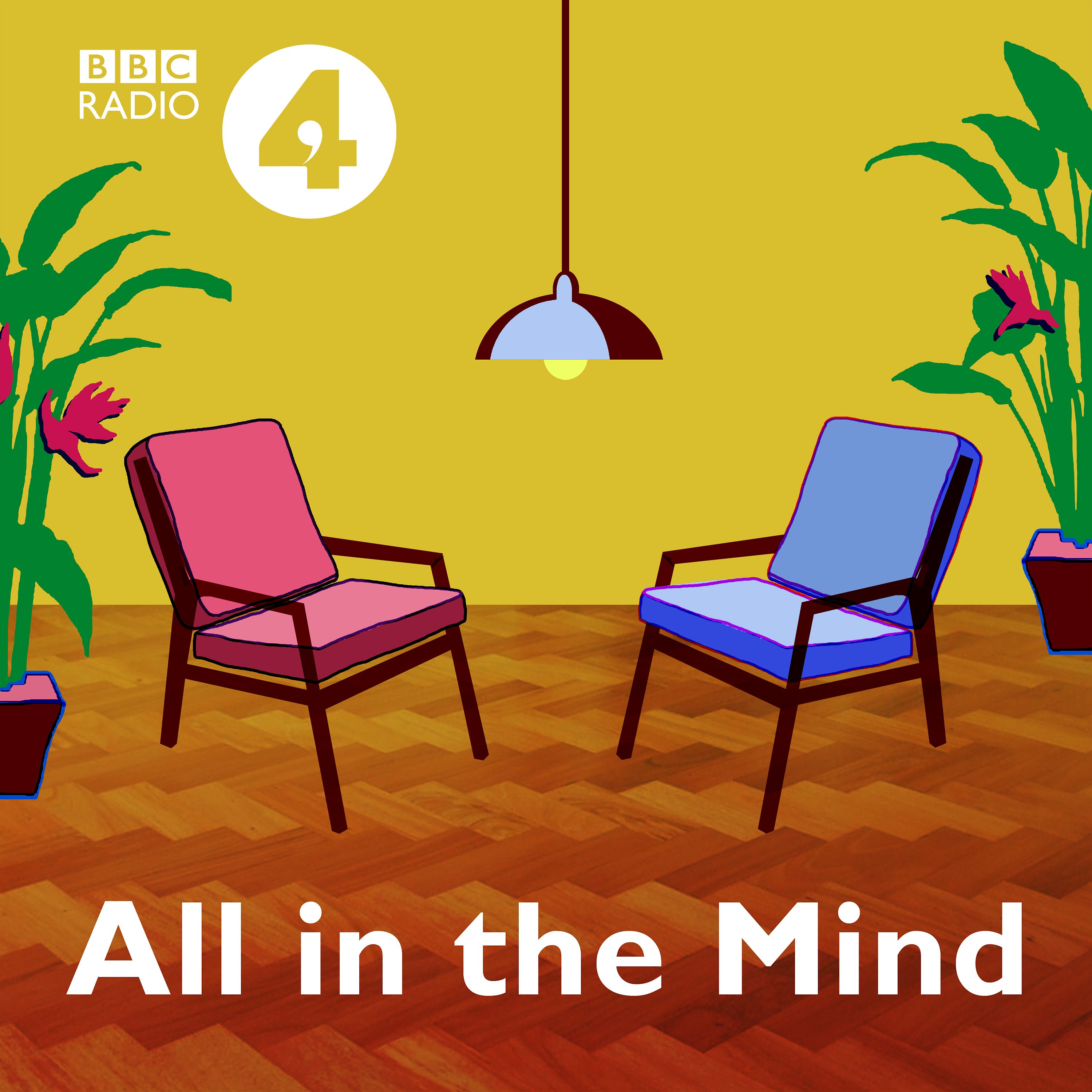
20/11/2012
All in the Mind
New research by Professor Mary Cummings of MIT looks at the boredom threshold of drone operators. In a simulated study with volunteers she discovered that operators distracting themselves by playing games, or checking e-mails could help improve the performance of UAV operators, air traffic controllers and nuclear power plant operators. Author Sarah Wise talks to Claudia Hammond about the wealth of evidence she has uncovered about the rise, in 19th Century Britain, of the "mad doctor". This new generation of medical men were powerful and corruptible, and there are many stories of difficult family members being locked up in lunatic asylums - or "living tombs" as they were called - in return for bribes. And it seems that far from the classic view of women being the main victim of such skulduggery, moneyed men were more likely targets as relatives and business partners sought to get hold of their cash and property. Suspicion and anger towards the asylum committal procedure crossed classes, and there were protests in the streets against "lunacy inquisitions". It is often thought that the long term effects of neglect and abuse early in life mean that children are unable to form bonds with carers such as foster parents, but a new study from Professor Stephen Scott at the Institute of Psychiatry in London dispels this myth. Producer: Geraldine Fitzgerald.Next Episodes

Gaydar, the Me Generation, IQ tests and learning disabilities @ All in the Mind
📆 2012-11-13 22:30 / ⌛ 00:27:32

CBT for psychosis; US elections and mental health @ All in the Mind
📆 2012-11-06 22:32 / ⌛ 00:28:18

30/10/2012 @ All in the Mind
📆 2012-10-30 22:30 / ⌛ 00:27:59

26/06/2012 @ All in the Mind
📆 2012-06-26 22:32 / ⌛ 00:28:07

19/06/2012 @ All in the Mind
📆 2012-06-19 22:32 / ⌛ 00:28:12